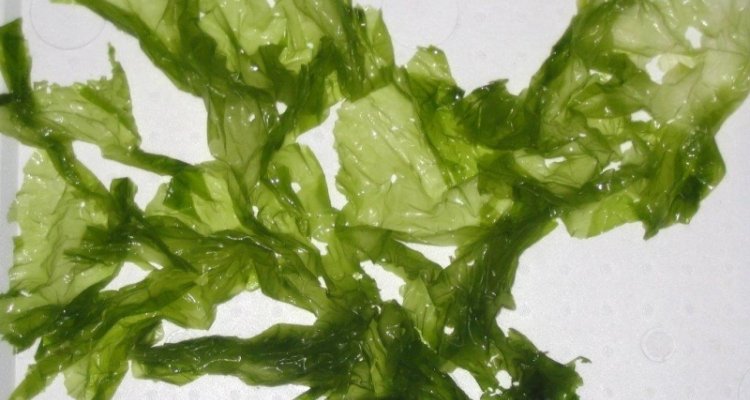
Project
PROGRESS2: Proteins from green sources
Maximizing bio-availability and techno- functionality of proteins from ‘green’ sources by fast, selective removal of protein-deteriorating compounds.
Micro-algae, seaweeds and plant leaves have been identified as novel sustainable protein sources. The available protein (roughly 15-35% of dry matter basis) has potential to be used in both food and feed applications.
Upon isolation of proteins from green sources, enzymes might be activated during processing, due to cell disruption. These polyphenol (per)oxidases (tyrosinase, laccase, peroxidase) oxidise phenolic substrates to highly reactive radicals and quinones. The activated compounds react further in subsequent non-enzymatic reactions and might cross-link with proteins. This can lead to formation of brown protein material with altered properties. On the one hand, the protein’s functionality can be negatively affected as solubility decreases, lowering their potential in food applications. On the other hand, formation of cross-linked proteins might be beneficial as these are less fermentable by microorganisms early in the digestive tract of ruminants, providing higher quality protein for the animal itself.
The occurrence of enzymatic and chemical reactions during the cell rupture and protein isolation will be studied. When more information on the nature of these reactions is acquired, methods to minimise deteriorating reactions can be developed, either by inactivating the enzyme or prevent further reactivity of oxidised components. The project aims to estimate the nutritive value of the protein fraction as feed ingredient for production and companion animal species, starting with leaf proteins. The knowledge obtained will be applied to algae sources. In the end, the research should enable more efficient isolation of proteins from green sources.